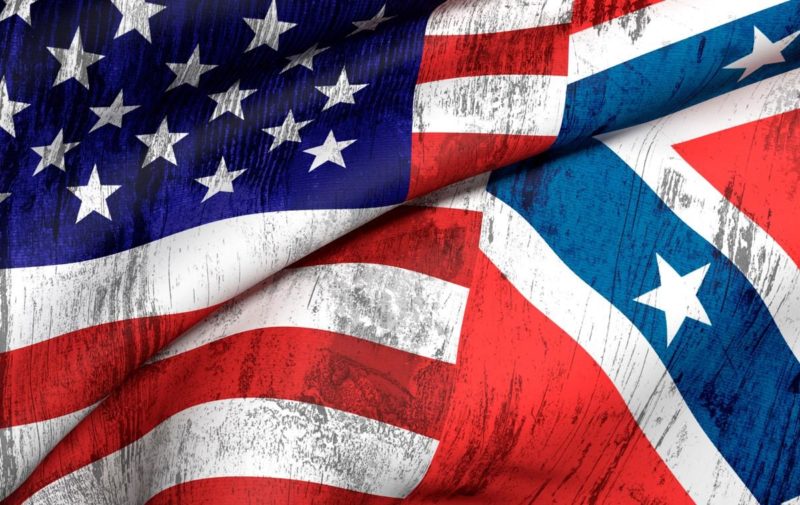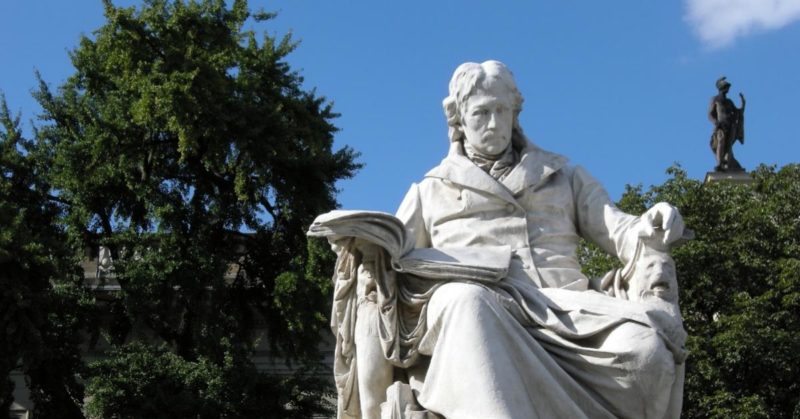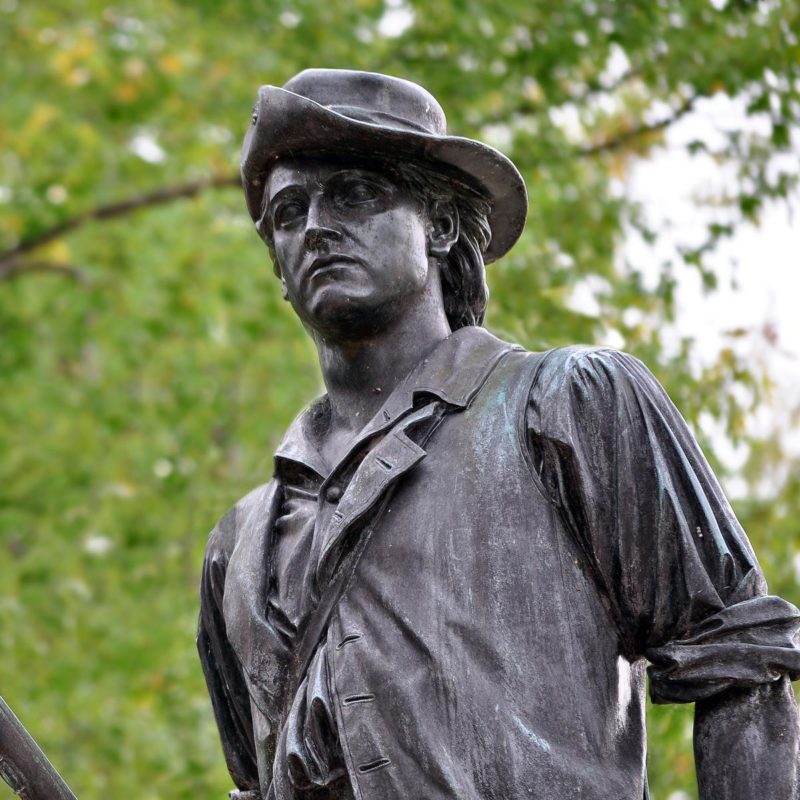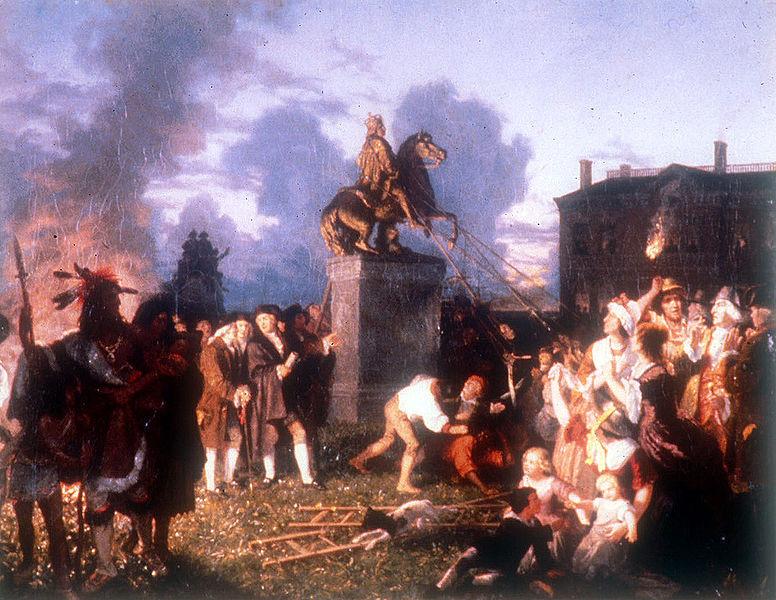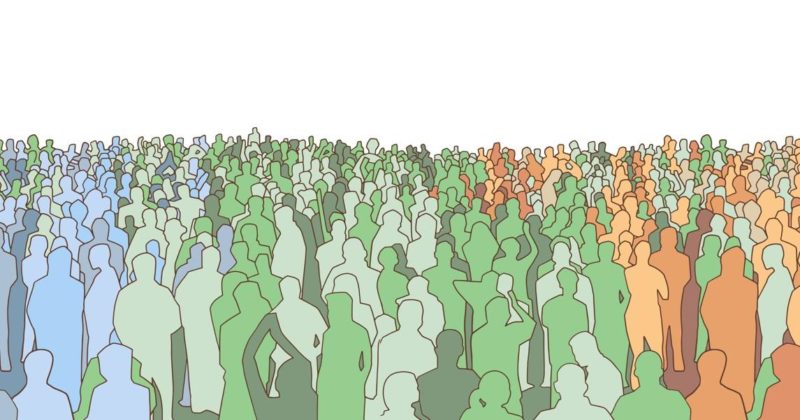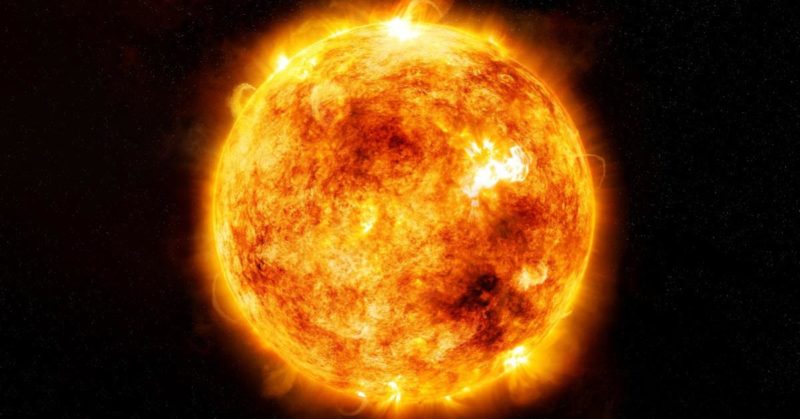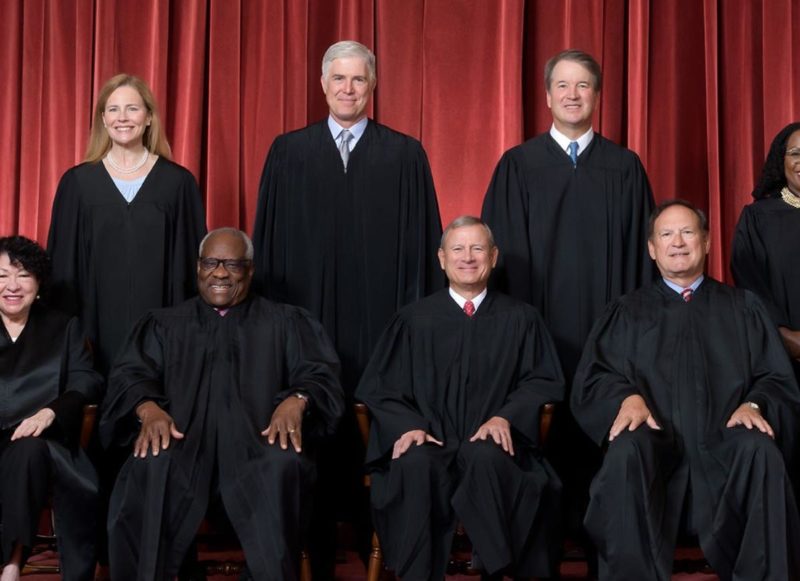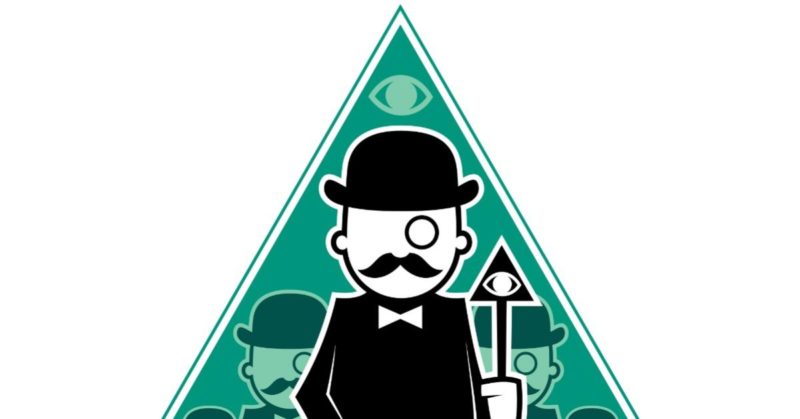Category Archive: 6b.) Mises.org
Licensing Laws Deepen South Africa’s Electricity Crisis
South Africa is suffering from rolling blackouts and other power outages. These could be avoided if the government would permit competition in electricity markets.
Original Article: "Licensing Laws Deepen South Africa's Electricity Crisis"
Read More »
Read More »
The Major Cause of Mass Poverty in Sudan
Mere days prior to its receiving renewed attention because of an ongoing civil war, Sudan and many other African countries were (and still are) being promoted by news organizations as citadels of suffering. Viewers are subjected to heart-wrenching images: The gaunt, skeletal bodies of starved children crying out in hunger. Families left with only emaciated cows, selling sticks to produce some kind of livelihood. After observing these agonizing...
Read More »
Read More »
In DeLong Run …
J. Bradford DeLong, who teaches economics at UC Berkeley and was a protégé of Larry Summer's dislikes Austrian economics, which he sometimes assails on his blog. You might reasonably expect that for this reason, I will lambaste his book, which, to no one’s surprise, defends Keynesian economics and the welfare state. But I’m going to disappoint expectations. The book contains a number of insights that merit highlighting, albeit accompanied by some...
Read More »
Read More »
A Guide to Good Money: An Interview with Brendan Brown
Ryan McMaken (RM): There is a lot of talk these days about the US losing its global monetary hegemony. But a lot needs to happen in terms of unwinding the present system before that can happen. At the heart of this seems to be what you call “globalized money without a global money.” What do you mean by that, and what does it have to do with the dollar’s global importance?
Brendan Brown (BB): Globalization of money under the fiat regime magnifies...
Read More »
Read More »
The Road to Civil War
[This article is excerpted from a 30,000-word memo to the Volker Fund, 1961. The full memo is available in Strictly Confidential: The Private Volker Fund Memos of Murray N. Rothbard edited by David Gordon.]
The Road to Civil War
The road to Civil War must be divided into two parts:
the causes of the controversy over slavery leading to secession, andthe immediate causes of the war itself.The reason for such split is that secession need not have led...
Read More »
Read More »
Wilhelm von Humboldt’s Demarcation of the Limits of State Activity
Not many are aware that one of the greatest works against the encroachment of the state originates from a German thinker. As early as the late eighteenth century, Wilhelm von Humboldt (1767–1835) raised the question of the general limits of state activity. Humboldt wrote his Ideas for an Attempt to Determine the Limits of the Effectiveness of the State in 1792. While individual sections of it appeared in the Berlinische Monatsschrift, the complete...
Read More »
Read More »
Demonizing Men with False Data on Sexual Abuse
In today's progressive climate, sexual assault charges are easy to make and hard to refute, even when they are demonstrably false.
Original Article: "Demonizing Men with False Data on Sexual Abuse"
Read More »
Read More »
Is Microsoft-Activision Opposition a Repetition of Vons-Shopping Bag?
President Joe Biden’s Federal Trade Commission (FTC) appointees have an affinity for returning to an earlier era’s antitrust enforcement, sometimes summarized as a “big is bad” or “neo-Brandeisian” approach. The most famous (or notorious) current example is the FTC’s opposition to the proposed merger between Microsoft and Activision.
In their words, the merger would give Microsoft “both the means and motive to harm competition.” How could that...
Read More »
Read More »
Will the Fed Ever Relinquish Its New Powers?: The Fed’s “Cincinnatian Problem”
In times of banking and financial crises, central banks always intervene. This is not a law of nature, but it is an empirical law of central bank behavior. The Federal Reserve was created 110 years ago specifically to address banking panics by expanding money and credit when needed, by providing what was called in the Federal Reserve Act of 1913 an “elastic currency,” so it could make loans in otherwise illiquid markets, when private institutions...
Read More »
Read More »
From the Editor May/June
When I was an economics undergraduate back in the 1990s, central bankers at the Federal Reserve were more or less above criticism. Those were the days when Alan Greenspan was acclaimed as “the maestro” and it was simply assumed central bankers could skillfully plan the economy to ensure growing prosperity forever. This isn’t an exaggeration. In 1998, the Wall Street Journal published an op-ed by MIT economist Rudi Dornbusch claiming that we have. ....
Read More »
Read More »
3 Things to Remember on Independence Day
It's difficult to say what most Americans commemorate or celebrate on Independence Day nowadays. Many appear to focus on some vague notion of "America." Others even take to jingoism equating the United States government with the very notion of "freedom."
Lost in all of this is the fact that the Declaration of Independence — the document we're supposed to remember today — is a document that promotes secession, rebellion, and...
Read More »
Read More »
Do Boycotts Really Work? Another Look at the Bud Light Situation
Some conservatives are upset because the new best-selling beer is owned by the same company that owns the beleaguered Bud Lite. Actually, they should have no problem with that.
Original Article: "Do Boycotts Really Work? Another Look at the Bud Light Situation"
Read More »
Read More »
Rothbard: The Free-Market and Antigovernment Roots of the American Revolution
Historians have long debated the precise causes of the American Revolution: Were they constitutional, economic, political, or ideological? We now realize that, being libertarians, the revolutionaries saw no conflict between moral and political rights on the one hand and economic freedom on the other. On the contrary, they perceived civil and moral liberty, political independence, and the freedom to trade and produce as all part of one unblemished...
Read More »
Read More »
Why Regimes Want to Rule Over Big States with More Land and More People
When the Soviet Union began its collapse in 1989, the world witnessed decentralization and secession on a broad scale.
Over the next several years, puppet regimes and states that were independent in name only broke away from Soviet domination and formed sovereign states. Some states which had completely ceased to exist—such as the Baltic states—declared independence and became states in their own right. In its heyday, the Soviet Union had been...
Read More »
Read More »
Default by Inflation Is the Real Drama in the Global Debt Market
While the faux debt ceiling drama rages in Washington, DC, governments worldwide are defaulting on their debt via inflation.
Original Article: "Default by Inflation Is the Real Drama in the Global Debt Market"
Read More »
Read More »
Myth #5: Economists, Using Charts or High Speed Computer Models, Can Accurately Forecast the Future
Recorded by the Mises Institute in the mid-1980s, The Mises Report provided radio commentary from leading non-interventionists, economists, and political scientists. In this program, we present another part of "Ten Great Economic Myths". This material was prepared by Murray N. Rothbard.
The problem of forecasting interest rates illustrates the pitfalls of forecasting in general. People are contrary cusses whose behavior, thank...
Read More »
Read More »
How Should We Regulate the Sun (Since Our Government Regulates Nearly Everything Else)?
When we think of “solar power,” we picture a field or a roof full of glass panels churning out electricity. However, this is just a more recent development in channeling the sun’s energy. Most histories of solar power will begin with stories regarding the use of magnifying glasses and mirrors to make fire. From the first to fourth centuries, the Romans began including large south-facing windows in their famous bathhouses, optimizing the heat energy...
Read More »
Read More »
The Affirmative-Action Ruling Strengthens Vast Federal “Anti-Discrimination” Powers
The U.S. Supreme Court on Thursday rejected race-based admissions in higher education at Harvard University and the University of North Carolina at Chapel Hill (UNC). The ruling likely calls into question the legality of most race-based college admissions policies, especially at elite colleges.
In the ruling (Students for Fair Admissions v. Harvard) a majority of the justices ruled that the use of racial preferences in the admissions process at the...
Read More »
Read More »
The Mystery of the Inverted Yield Curve
In this week's episode, Mark looks back at the history of the Inverted Yield Curve. While many observers have now dismissed the significance of the yield curve inversion in 2022—and no recession, yet—Mark shows that the history of the IYC may back a completely opposite interpretation.
Be sure to follow Minor Issues at Mises.org/MinorIssues.
Read More »
Read More »
Unraveling the Fallacy of Natural Monopolies
Most cartels and trusts would never have been set up had not the governments created the necessary conditions by protectionist measures. Manufacturing and commercial monopolies owe their origin not to a tendency immanent in capitalist economy but to governmental interventionist policy directed against free trade and laisser-faire.
—Ludwig von Mises, Socialism
The concept of natural monopolies has often intrigued economists and policymakers, serving...
Read More »
Read More »










